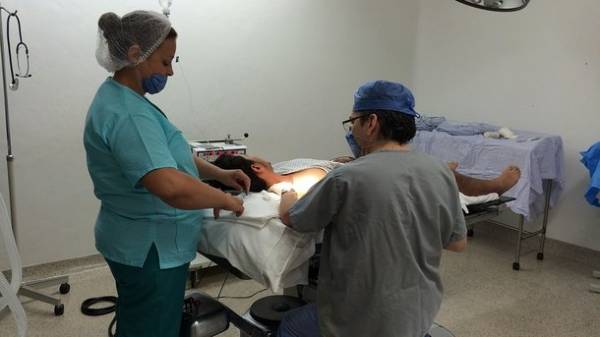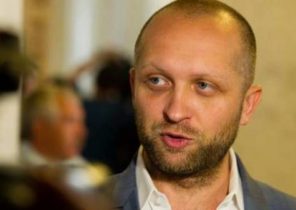
Electrical stimulation of the vagus nerve helped scientists to “Wake up” a man had lain for 15 years in a coma after a severe traumatic brain injury, according to “RIA Novosti”.
The doctors worked with the patient one of the hospitals of Lyon, who was in a car accident at the age of 20 years and has been in a coma for more than 15 years. Like many other people in a similar condition, he could not recover from coma due to damage to particular areas in the brain, connecting the lower parts that control vital functions, with the cortex and other parts of the nervous system responsible for the operation of the mind.
SEE ALSO
- Forgotten cave student three days licking the walls: how he managed to survive
Researchers found in the abdominal cavity of the patient, special pacemaker, which was connected to one of the endings of the nerve in his neck. The results of this experiment significantly exceeded the relatively pessimistic expectations of scientists – a man came out of the coma and began to respond to the words and actions of others and to obey simple commands carers and relatives. For example, he re-acquired the ability to follow objects with the eyes, I learned to move my neck and stopped to sleep when the nurse or his mother read him the book. Besides, the man began to react to sudden movements and to show other reactions that are not typical for people in a coma.
All these positive changes, according to biologists, manifested at the level of the electrical activity of the brain. The EEG of the patient was a so-called theta rhythms, indicating the presence of a rudimentary consciousness, and the number of active connections between different brain areas significantly increased.
“Stimulating the vagus nerve, we were able to show that we can improve the patient’s condition and bring him back to “our world” when all seems lost. The brain retains the ability to form new connections and repair itself, even in such a critical situation,” said Sirigu Angela (Angela Serigu) from the Institute of cognitive Sciences in Lyon (France).







